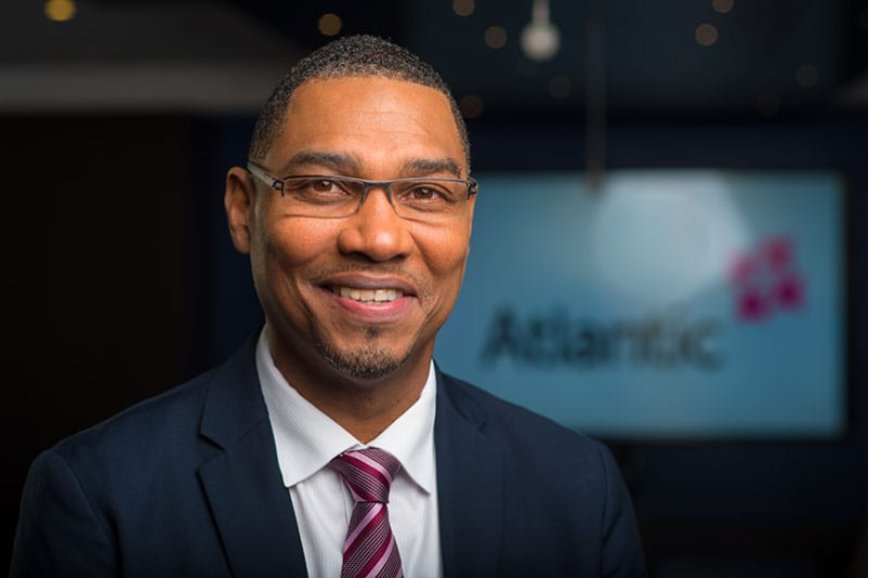Nigerian firms to handle 90% of Shell’s contracts — MD

Shell Nigeria Exploration and Production Company Limited says over 90 per cent of the contract value in its operations will be executed by Nigerian companies, as part of efforts to build a more sustainable energy future in Nigeria.
The Managing Director of SNEPCo, Ronald Adams, disclosed this at the opening of a panel session during the just-concluded Nigeria Annual International Conference and Exhibition of the Nigerian Council of the Society of Petroleum Engineers in Lagos.
Adams said Shell is committed to supporting Nigeria’s energy goals through the deployment of the right policies, technology, efficient supply chains, and local human capital development.
“The question is no longer whether Nigeria will play a key role in the future of energy, but how quickly and effectively we can harness our potentials to deliver affordable, secure, and increasingly cleaner energy for Nigeria, and the world,” he stated.Highlighting Shell’s performance on the Bonga field, he said the company is leveraging predictive analytics, integrated data systems, and proactive maintenance to achieve record levels of plant availability nearly two decades after first oil.
“That’s performance built on foresight, technology, and a commitment to excellence,” he said. In recognition of the role of an efficient supply chain, he said, “SNEPCo is taking steps to ensure that over 90 per cent of the contract value in its operations is executed by Nigerian companies as it continues to grow the capacity of indigenous contractors in the supply of goods and delivery of services.”
However, he noted that local end-to-end industrial capability remains limited, often requiring project scopes to be split between Nigeria and overseas, which raises costs and causes delays.
To bridge the gap, he added that there is a need to invest in local fabrication and manufacturing centres, regional standardisation and certification, and access to capital for local vendors. Adams also called for sustained policy reforms to ensure a stable and investor-friendly fiscal environment.
“A lot more needs to be done to scale up local competence. End-to-end industrial capability is limited in Nigeria, which means project scopes often get split between in-country and overseas, increasing cost and, in some cases, delaying delivery. To bridge the gap, there is a need to invest in local fabrication and manufacturing centres, regional standardisation and certification, and access to capital for local vendors.
“We will continue to stress the need for sustained reforms to ensure stable and investor-friendly fiscal environments that reduce uncertainty. A sustainable energy future for Nigeria and Africa will not emerge by chance. It must be built intentionally, collectively, and courageously,” he stated.
Shell to Award 90% of Nigeria Contracts to Local Firms









